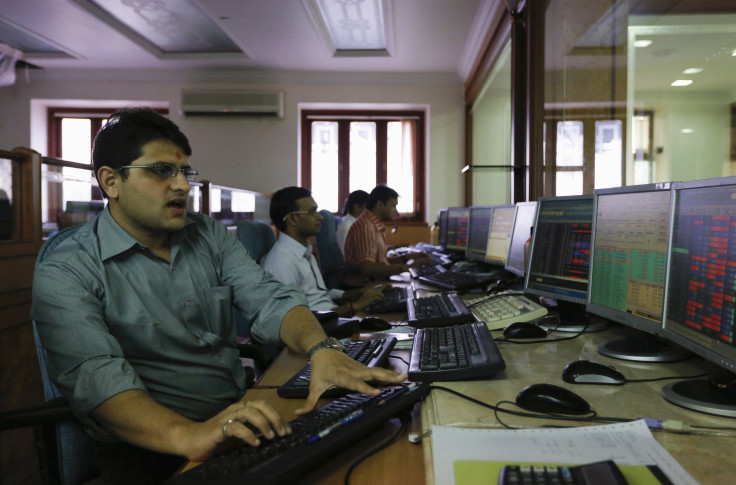India's Supreme Court Strikes Down Law That Hindered Free Speech On Internet

India’s apex court on Tuesday struck down a contentious clause of the Indian Information Technology (IT) Act of 2000, which curtailed freedom of expression online. The move to revoke the draconian law is considered a major boost to free speech on the Internet.
Section 66A of the IT Act, which defined the punishment for offensive messages on the Internet, was declared unconstitutional by the Supreme Court in New Delhi, in response to a 2012 lawsuit. Shreya Singhal, a law student, had filed the litigation after two girls were arrested near Thane, a suburb of Mumbai, for expressing a view on social media. Shaheen Dhada had spoken up, on Facebook, against a citywide shutdown in Mumbai after the demise of Bal Thackeray, a powerful local politician. Her friend, Rinu Srinivasan, had "liked" the post.
According to a November report, it was estimated that, by the end of 2014, India would have the second-largest Internet user base after China, at 302 million users. A recent study by the Pew Research Center has reportedly shown that 65 percent of Indians on the Internet use social media. In the last few years, there have been several cases of police arresting people for posts and comments on social media sites such as Twitter, Facebook and blogs. Last week, a student was arrested for a Facebook post against a politician from the northern Indian state of Uttar Pradesh. Others affected by the law include a cartoonist, an academic, two airline employees and some businessmen who were charged and, in some cases, arrested. All of them had posted comments on social media that were deemed “offensive” or “malicious.”
"Such is the reach of the section and if it is to withstand the test of constitutionality, the chilling effect on free speech would be total," the court ruled.
© Copyright IBTimes 2024. All rights reserved.





















